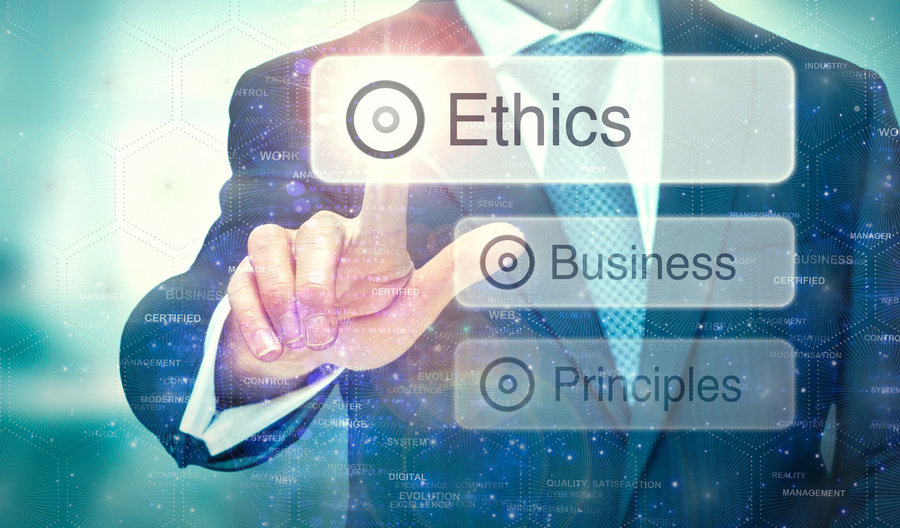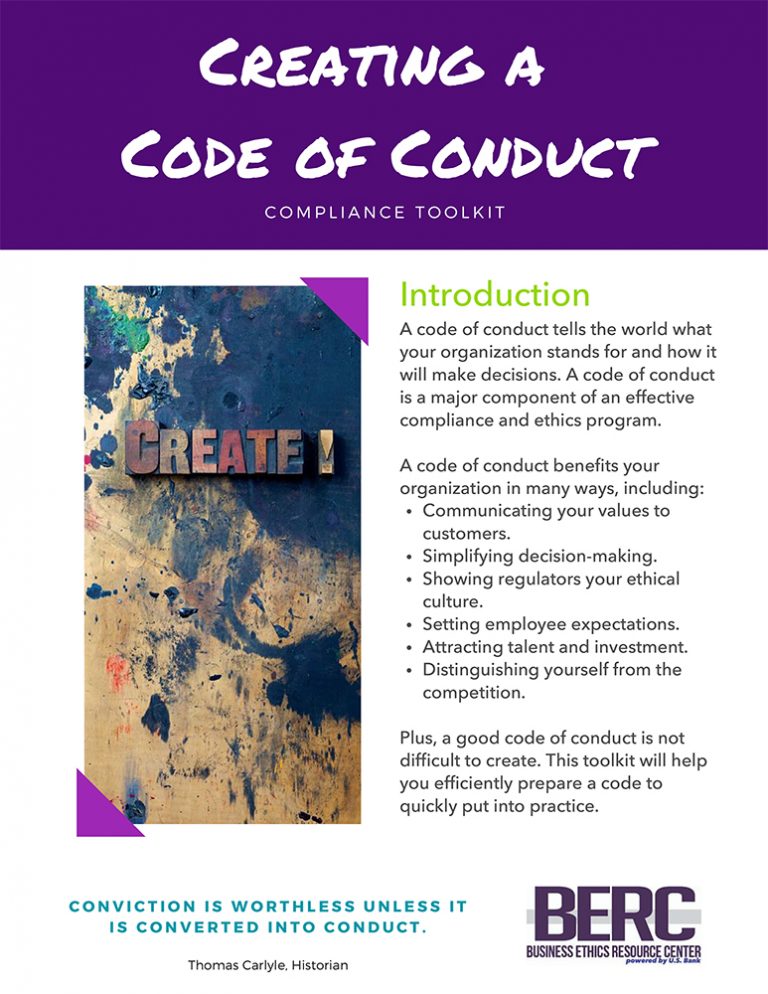
Every day in all of our roles, who we are and how we show up makes a difference in how well we execute our roles, how others are impacted and how we create good and bad narratives about ourselves. Who we are has many complexities but is essentially made up of our personality characteristics, attitudes, values, identities, experiences, knowledge and skills, and styles and preferences. How we show up mostly depends on our self-awareness, ability to manage strengths and weaknesses, and courage to do what is best (or right) for each situation.
Developing our Use of Self is not a solitary journey, in part because we only know some of who we are and “it takes two to see one.” Valid and useful feedback is critical in self-awareness, which in turn is critical to understanding ourselves and how to manage our intentionality.
Finally, our capability to see what is going on in each situation we show up in, make sense of, with little bias and assumptions, what it means, and choose what to do to execute our intentionality are essential for our success. Experience and self-development enhance our insights, skills and wisdom to get better in our roles, impacts and outcomes. Our experiences need reflections to capture learnings that carry forward. And each situation requires enough pause to understand, see choices and take appropriate actions.
Leaders’ Impact
The role of leaders is very important to organization success but also to human system success which drives the organization’s results. People respond to leaders and their directions, visions, inspiration or alienation. Some with motivated, committed behaviors, others with accommodation and compliance and while others resist, rebel and fight back. Leaders have large influence on what and how work gets done, the strategies and culture people work within and the quality of relationships needed for success. They can be aware, conscious and intentional as they operate or unaware of themselves, on behavioral auto pilot and not clear what they want to accomplish with the people in their charge. It has also been shown that leaders have high influence on employee engagement, retention, productivity and satisfaction, which also affect many aspects of the organization’s results.
They also create good and bad role models for those around them, whether it’s planned or not! In any system, if leaders have low self-awareness and receive little feedback, they are flying blindly in executing their leadership. Technical and financial problems will hit the organization’s attention dashboard much quicker than leadership, relational and teamwork problems will. Yet all of these are critical in organization success.
So leaders who can develop strong Use of Self can greatly impact their teams and relationships in ways that produce engagement, productivity and retention, high quality and performance in the work and growth in capabilities for the future. Or leaders can create toxic cultures, drive employees away, reduce engagement, and be directly and indirectly responsible for poor results. This just adds to the huge research library on how important leadership can be. A missing link in all this discussion of leaders has been the centrality of Use of Self in leadership. This is especially true in one of the most important types of leadership in today’s world, Principled Leadership.
Principled Leadership
Principled Leadership builds on a few other styles of leadership such as transformational, authentic, servant and ethical. In Principled, the attention focusses on moving beyond self-interest to the welfare of the organization and all its stakeholders as well as the larger community. This type of leadership cares about the Triple Bottom Line (profits, people & planet). Like in Servant the purpose is in service of others. Like in Transformational, the inspirations and growth of others counts. Like in Authentic, the leader as person is important as it affects how they relate and how they interact with others. And of course, like in Ethical, doing the right thing is paramount and draws on integrity. They all seem to pay closer attention to the larger system and its outcomes for all. Principled includes values of social responsibility and sustainability, creating wider and wider circles of influence on the prosperity and welfare of all.
Use of Self in Principled Leadership
This takes a special kind of human to fill those shoes. Who they are (inside) will weigh heavily of how they act. What they are capable of doing will be essential in executing in ‘principled’ ways. How they “see” the world around them will allow them to understand multiple choices for action and how varied stakeholders might fare across them. Their values in action will stand out in difficult times and in situations where not all can win equally. Their Use of Self will require serious, critical reflections on how experiences energize and tear then apart, mindful considerations of conflicting “stakes”, thoughtful determinations of paths and choices and their use of both head and heart in all they do.
Leaders need to develop and bring themselves more into their work. You are your greatest and most valuable instrument! And each new situation is another opportunity to be your best self. We all have things that trigger something inside of us and makes us move in certain directions and behave in certain ways. We need to understand that deeply and what that leaves out, what doesn’t get our attentions or motivate our actions? We have to raise our self-awareness and understand what gets in our way of behaving as the leader we intend. Vulnerabilities and fears can be real. Our own confidence and consciousness can hinder us. Our mindfulness and ability to be present with others can also limit our impacts. Organization cultures that conflict with or challenge our own values can make it hard for us to stand up, use our courage or do the right thing.
Consequently, when we know our selves well and can manage the use of our strengths, minimize the impact of our weaknesses and elevate our consciousness to what’s going on around us and within us, we have a chance to lead others in ways that are rewarding to them and to us. We exercise our principles and hopefully the principles valued by the organization. We are able to listen, because we care what others think. We are able to empathize because we understand feelings are real. We can rise up and lead when times are desperate because our values will help to alleviate pain. We can be courageous when some aspect of the organization is detracting from high performance or human welfare, since the right values can overcome more limited, short-term self-serving ones.
By: Dave Jamieson, president of the Jamieson Consulting Group, Inc.
Used by permission.


